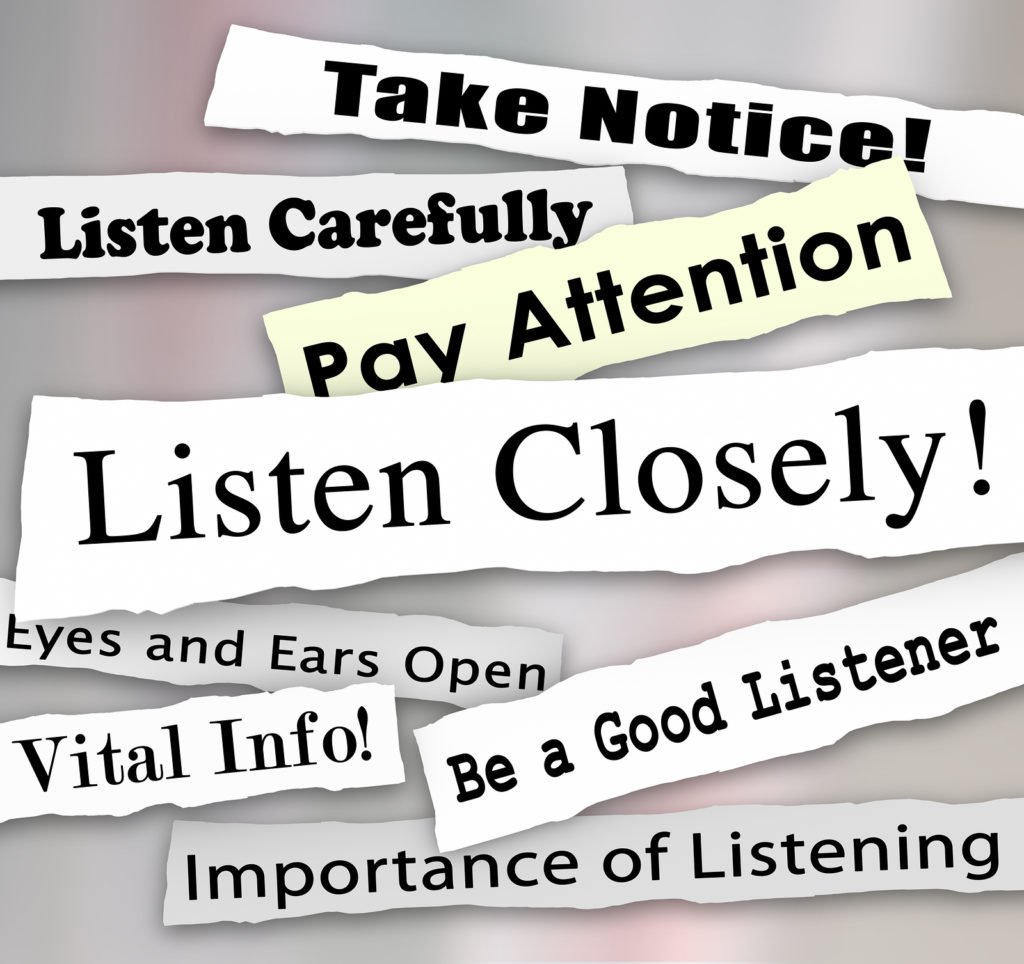
You did an exhaustive search. All of the resumes were screened. You had many candidates that were qualified and spent two days interviewing. After a protracted debriefing session, the panel recommended three candidates to move forward. Each of those, after completing a technical exercise, went through a departmental selection interview. You called a few references and ran a background check. Sounds good, right? Well, four months after he started, the candidate left for another job. What went wrong?
There are several possibilities.
- The candidate wasn’t who he said he was. One of the best ways to determine whether a candidate really has the skills he says he has is through asking questions that assess what difficult situations a candidate has actually faced. But, don’t stop there. Pursue that line of questioning to find out what the outcome was and whether the candidate would handle the situation the same way. Listen for actual experience, not just theoretical statements. Go for the details. Listen for gaps. And as you work your way through the interview schedule, compare each candidate’s answers. Also, to be sure your panelists are listening for the right cues, provide them information on the competencies to be teased out of the answer and offer possible follow up questions. The job wasn’t what he thought it was.
- Though you do want to present the position in a favorable light to be sure you actually have a decent candidate pool, beware of overselling the job. Be honest about the downsides, not in a gossipy way, but with a glimpse of the darker realities of the job. Is your customer-base prone to question authority given the political history of the community? Does your commercial area include a facility that employees might be uncomfortable with (a prison, for example)? Is he inheriting a staff that is facing a change with deep resistance? Without sensationalizing these aspects of the job, be sure employees know about them.
- The job wasn’t what you thought it was. Be sure to give the employee an exit interview before he leaves. Beyond asking him why he is leaving and giving him time to give a free form answer, ask him specific questions. Have him review the job description and let you know if it accurately reflects the duties he was expected to perform. Find out if there were issues with level of responsibility vs. authority. Were there resources he needed that he didn’t have? Look for all of the possible elements that you might have missed. Consider revising your job announcement and also revisiting the competencies and skills evaluated during the interview process.
Of course there are other reasons, but if you can correct for these three possible causes of the mismatched hire, you will be well on the way toward finding a candidate who will be well-suited for the position and more likely to stay.
Contact us to discuss the unique attributes of your own organization.